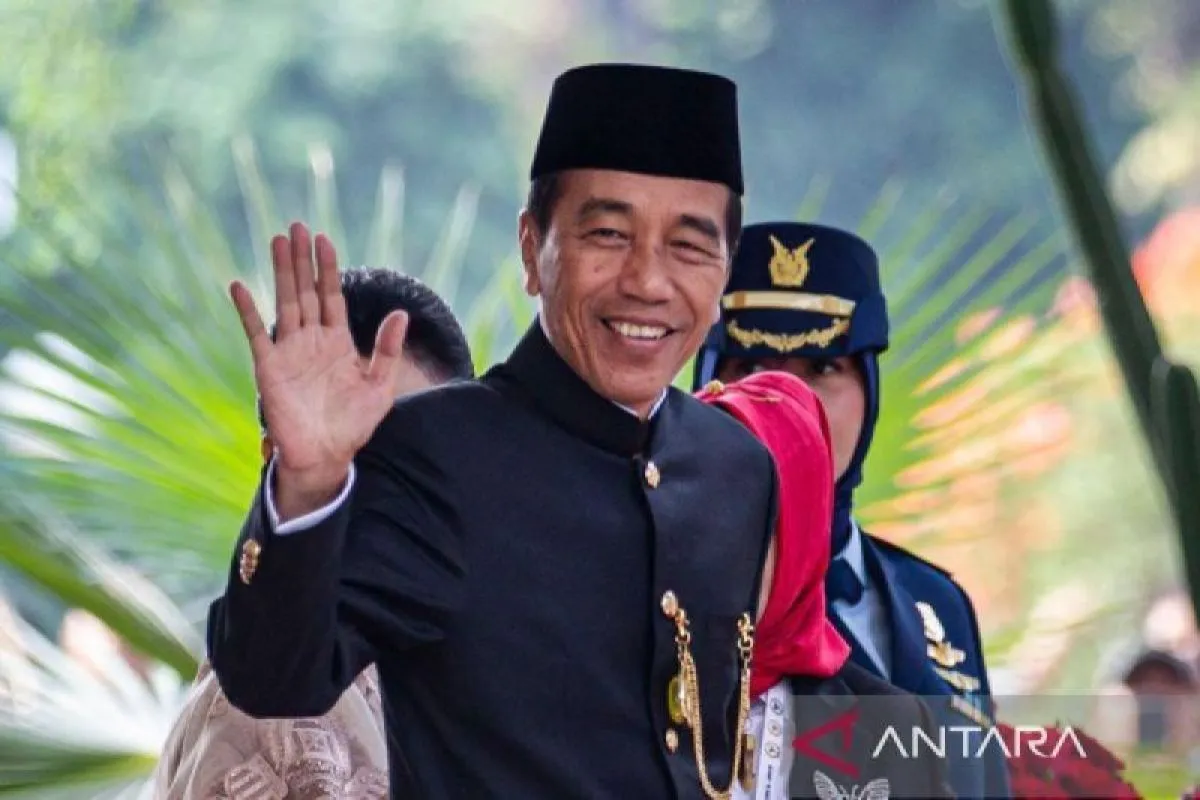VOINews, Jakarta: President Joko Widodo's recent establishment of the Presidential Communication Office (PCO) through Presidential Regulation No. 82 of 2024 marks a significant shift in the government's approach to managing communication and information. This new office is designed to ensure a more cohesive and strategic delivery of the President's key policies and priorities.
Unlike previous communication structures, the PCO is a non-structural body reporting directly to the President. This streamlined approach underscores the importance of direct and effective communication from the top levels of government, reflecting a commitment to improving transparency and public engagement.
The PCO’s mandate is broad and strategic. It will not only support the President in communicating critical policy decisions but also analyze current issues, strategize communication approaches, and manage the dissemination of information across various media. This holistic role highlights the office's importance in shaping public perception and ensuring that the government's message is clear and consistent.
One of the key roles of the PCO will be to synchronize communication efforts across ministries and agencies, fostering a unified government voice. This function is crucial in a complex political environment where miscommunication can lead to misunderstandings or conflicts. By centralizing these functions, the PCO aims to prevent such issues and promote a coherent narrative from the government.
Moreover, the establishment of a dedicated Secretariat under the PCO ensures that its operations are well-coordinated and efficient. This structure not only reflects the President's commitment to enhancing communication but also ensures that the PCO can adapt to the rapidly changing media landscape and political climate.
The creation of the PCO also represents a shift in focus from merely managing media relations to a more comprehensive strategy of political communication and information dissemination. This move is seen as a response to the increasing complexity of the communication landscape, where digital media and public discourse play a pivotal role in shaping public opinion.
While the Presidential Staff Office previously handled these functions, the new regulation transfers these responsibilities to the PCO, indicating a more focused and specialized approach to managing the President's communication strategy.
As Indonesia navigates a critical period of development and political change, the PCO's role will be instrumental in ensuring that the President's messages are effectively communicated to the public and that government policies are understood and supported by the populace. This development is a clear indication of the President's recognition of the power of strategic communication in governance.
The establishment of the Presidential Communication Office is expected to bring about more effective governance, enhanced public trust, and a more informed citizenry. As the office begins its operations, all eyes will be on how it will reshape the landscape of government communication in Indonesia./Antara/VOI




